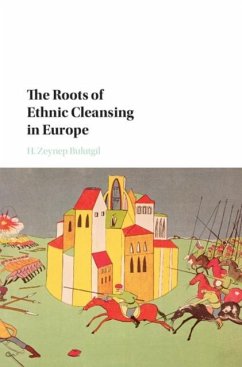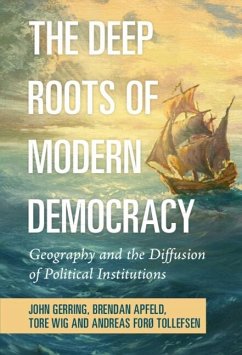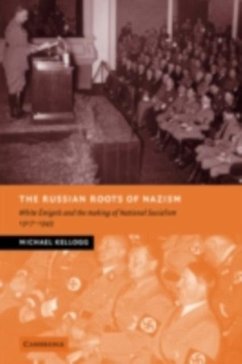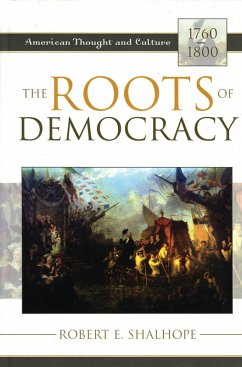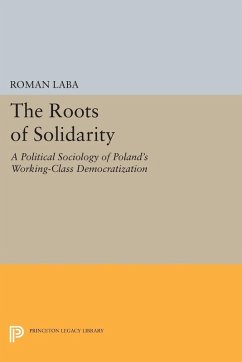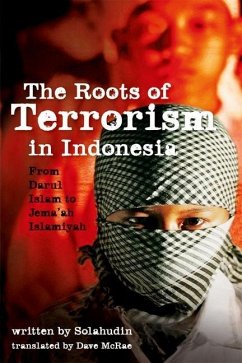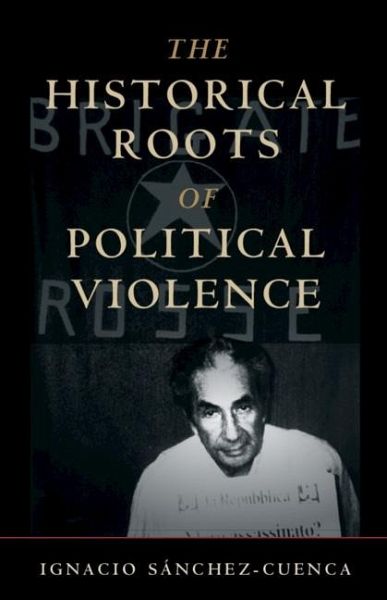
Historical Roots of Political Violence (eBook, PDF)
Revolutionary Terrorism in Affluent Countries

PAYBACK Punkte
11 °P sammeln!
Following the protest movements and radicalism of the late sixties, many affluent countries experienced lethal revolutionary terrorism. Groups like the Red Brigades in Italy and the Red Army Faction in Germany provoked political crises in their countries. Other affluent countries, however, did not experience this same kind of violence. This book offers a historical-comparative explanation of this cross-national variation, focusing on the development paths followed by countries during the interwar period. The countries that followed a non-liberal path (marked by anarchist terrorism, democratic ...
Following the protest movements and radicalism of the late sixties, many affluent countries experienced lethal revolutionary terrorism. Groups like the Red Brigades in Italy and the Red Army Faction in Germany provoked political crises in their countries. Other affluent countries, however, did not experience this same kind of violence. This book offers a historical-comparative explanation of this cross-national variation, focusing on the development paths followed by countries during the interwar period. The countries that followed a non-liberal path (marked by anarchist terrorism, democratic breakdowns, civil wars, land inequality, non-liberal capitalism, and late industrialization) suffered lethal left-wing terrorism decades later. Terrorism is thus explained as a feature of the political and economic system. Drawing on several fields, including comparative politics, political economy, international relations, and historical sociology, this book offers novel hypotheses about the determinants of violent conflict.
Dieser Download kann aus rechtlichen Gründen nur mit Rechnungsadresse in A, B, BG, CY, CZ, D, DK, EW, E, FIN, F, GR, HR, H, IRL, I, LT, L, LR, M, NL, PL, P, R, S, SLO, SK ausgeliefert werden.




